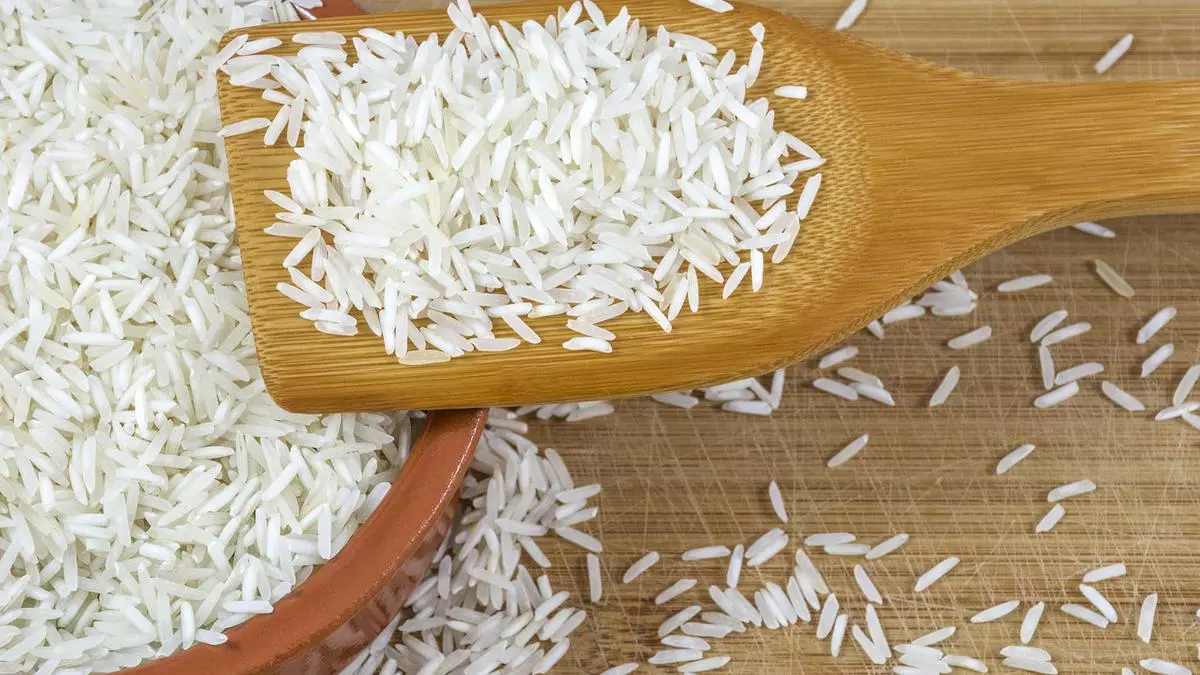India’s farm exports in April-Feb 2023-24 decline 8.8% to $43.7 billion
India’s agriculture exports in the April-Feb 2023-24 period declined 8.8 per cent to $43.7 billion, hit by geopolitical factors such as the Red Sea crisis and the continuing Russia-Ukraine war but the decline was largely across regulated commodities such as rice, wheat, sugar, and onions, according to Commerce Ministry data.
To push agriculture exports, plans are afoot to draw detailed plans for promotion of as many as 20 agricultural products, that are outside the regulatory framework, which include fresh fruits, vegetables, basmati rice, certain processed food and cashew nuts, an official told businessline. The Agricultural and Processed Food Products Export Development Authority (APEDA) is working on the plan, the official added.
Export ban and restrictions on commodities like rice, wheat, sugar and onion have hit agriculture exports of about $5-6 billion in the last fiscal, the official pointed out. “These restrictions were important to ensure food security in the country. We can export these items only when there is a surplus,” the official explained.
Significant slowdown
The country’s agricultural GDP also witnessed a significant slowdown, posting a 0.7 per cent growth in 2023-24, down from 4.7 per cent in 2022-23, the government said. The fall in exports of the 719 agriculture products in APEDA’s basket was lower at 6.85 per cent in April-February 2023-24 at $22.4 billion.
Among the 24 principal commodities in APEDA’s basket, 17 have recorded a growth during the period. These include fresh fruit, buffalo meat, processed vegetables, basmati rice and banana.
Exports of basmati rice increased 22 per cent to $5.2 billion in April-February 2023-24 from $4.2 billion in April-February 2022-23 despite a high Minimum Export Price (MEP) imposed for two months which affected shipments and was subsequently eased, the official added.
No major impact
On the Israel-Iran war, the official said that there had been no major impact on exports so far, but it was an evolving situation. “We are monitoring the situation (in West Asia). There are no major pushbacks as of now,” he said.
APEDA is working with export organisations as well as State governments on detailed plans to promote the 20 items identified for promotion based on their growth potential. It will also work out sea protocols for exports. “The identified items are heavily traded globally and India, at present, has a very small share in it. With proper strategy, exports can increase manifold in each of the item,” the official said.
The identified items include fruits and vegetables including bananas, mangoes, pomegranates, grapes, watermelon, oranges, onion, green chilly, capsicum, potato, okra, garlic, baby corn, and jackfruit. The list also includes basmati rice and cashew nuts.
Other processed products contained in the list are groundnuts, alcoholic beverages, jaggery and confectionary, cereal preparations (sweet biscuits, papad, dried pasta), preparation of sauces and value added products of millets and rice.
Some animal products such as natural honey, buffalo meat, melted butter (ghee) and table eggs will also be promoted.
